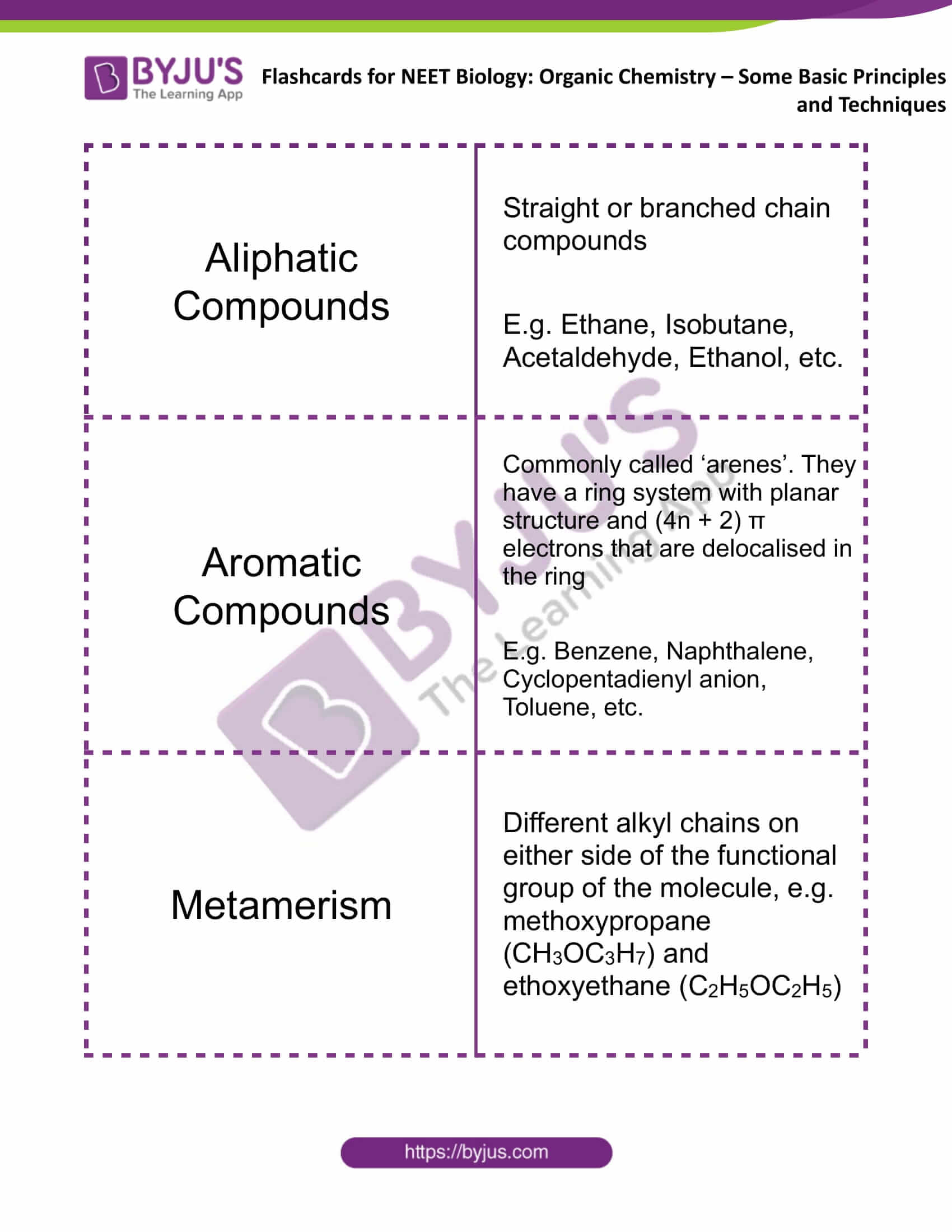Are you gearing up for the National Eligibility-cum-Entrance Test (NEET) and feeling overwhelmed by the vast ocean of Organic Chemistry? You’re not alone. Organic Chemistry can be a challenging subject for many NEET aspirants, but with the right approach and guidance, you can conquer it. In this comprehensive study guide, we will break down Organic Chemistry for NEET, making it more approachable and manageable. Whether you’re a beginner looking to build a strong foundation or aiming to refine your existing knowledge, this guide has got you covered.
Organic Chemistry is a crucial component of the NEET Chemistry syllabus, accounting for a significant portion of the questions in the exam. Understanding the fundamentals and mastering the concepts in this subject can greatly enhance your chances of scoring well in NEET. To help you on your journey to success, we’ll cover the following key aspects in this guide:
- Introduction to Organic Chemistry
Let’s start with the basics. What exactly is Organic Chemistry, and why is it important for NEET? We’ll explore the definition, scope, and significance of Organic Chemistry in the context of the medical entrance exam.
- Organic Chemistry vs. Inorganic Chemistry
Understanding the difference between Organic and Inorganic Chemistry is essential. We’ll provide a clear distinction between these two branches, helping you prioritize your study time effectively.
- Important Organic Compounds
We’ll delve into the essential organic compounds you need to know for NEET, including alkanes, alkenes, alkynes, and aromatic compounds. Each class of compounds will be explained in detail, with a focus on their properties and reactions.
- Nomenclature
The naming of organic compounds can be daunting, but it doesn’t have to be. We’ll walk you through the systematic nomenclature rules, ensuring that you can name and identify organic compounds with confidence.
- Isomerism
Isomerism is a critical concept in Organic Chemistry. We’ll break down structural, stereoisomerism, and tautomeric isomerism, making it easy for you to grasp the differences and recognize isomers in various compounds.
- Reaction Mechanisms
Understanding reaction mechanisms is key to mastering Organic Chemistry. We’ll explain common reaction mechanisms, including substitution, addition, elimination, and more, providing step-by-step insights to help you visualize and understand these processes.
- Reaction Pathways and Conditions
Learn about the conditions and reagents required for specific organic reactions. We’ll discuss reaction pathways, reaction intermediates, and provide real-world examples to solidify your understanding.
- Named Reactions
Familiarize yourself with important named reactions like the Grignard reaction, Friedel-Crafts reaction, and the Diels-Alder reaction. These reactions are frequently tested in NEET, and knowing them well can boost your scores.
- Practical Organic Chemistry
Get hands-on with practical Organic Chemistry. We’ll cover laboratory techniques, purification methods, and experimental procedures that you may encounter in your NEET exam.
- Tips for NEET Organic Chemistry Preparation
We’ll conclude with some valuable tips and strategies to help you excel in NEET Organic Chemistry. From creating a study schedule to practicing with previous year’s question papers, we’ve got your back.
Conclusion
Organic Chemistry need not be a stumbling block on your path to NEET success. With this comprehensive study guide, you’ll have the tools and knowledge to tackle Organic Chemistry with confidence. Remember, practice and consistency are key, so start your preparation early and stay committed to your goal. Best of luck with your NEET journey!




